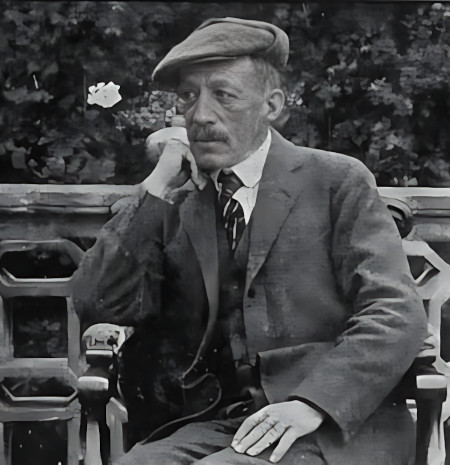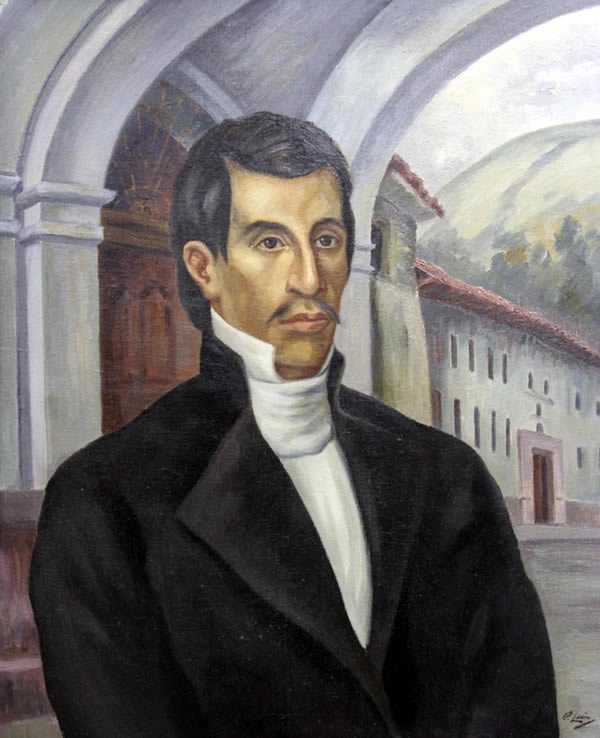Enrique Terán Vaca (Quito, 1887 – 1941) was an influential Ecuadorian musician, writer, and political activist. He honed his musical skills at the Royal Academy of Music in London, which played a pivotal role in his artistic development. A key member of the Ecuadorian Socialist Party, Terán actively engaged in the political scene of early 20th-century Ecuador. His literary legacy, highlighted by his notable novel ‘El cojo Navarrete’, delves into the effects of the Liberal Revolution in Ecuador. Terán’s multifaceted talents profoundly impacted Ecuador’s cultural and political spheres.
Continue reading “Enrique Terán”Category: Satirist writers
Anacarsis Martínez
Anacarsis Martínez Holguín (Ambato, July 16, 1862 – Ambato, April 1930) was an Ecuadorian writer, satirist, journalist, and politician known for his liberal activism and pioneering efforts in Ecuador’s early wine industry. Born into a prominent family, he was influenced by European intellectual traditions and pursued his education with the Jesuits in Quito. Martínez co-founded the anarchist newspaper El Combate and later launched La Avispa, a satirical publication that sharply critiqued Ecuador’s political elite. Throughout his career, he held positions as Deputy and Governor of Tungurahua, and although he was offered ministerial posts, he declined them, preferring independence. His work extended to managing the family’s Catiglata vineyard, where he applied winemaking techniques he had studied in France. Martínez’s writings, including his satirical novel El desfalco, provided pointed commentary on Ecuadorian society, solidifying his legacy as a bold voice for liberalism in early 20th-century Ecuador.
Continue reading “Anacarsis Martínez”Eugenio Espejo
Francisco Javier Eugenio de Santa Cruz y Espejo (Royal Audiencia of Quito, February 21, 1747 – December 28, 1795) better known as Eugenio Espejo was an 18th-century Spanish physician, writer, librarian, lawyer, and a pioneering figure in colonial Ecuador. Born in 1747, he was of mestizo origin and became a notable scientist and writer, but his true impact lies in his role as a polemicist and advocate for separatism in Quito. Espejo was the first journalist and hygienist in Quito, using his platform to spread enlightened ideas and critique the lack of education, corruption, and cultural aspects of the colonial authorities. He composed an important treatise on sanitary conditions, showcasing his understanding of microorganisms and their role in disease transmission. Espejo’s satirical works, inspired by the Age of Enlightenment, made him a target for persecution, leading to his imprisonment shortly before his death in 1795. Despite his hardships, Eugenio Espejo is regarded as one of the most important figures in colonial Ecuador and left a lasting legacy as a champion of education, science, and social reform.
Continue reading “Eugenio Espejo”

